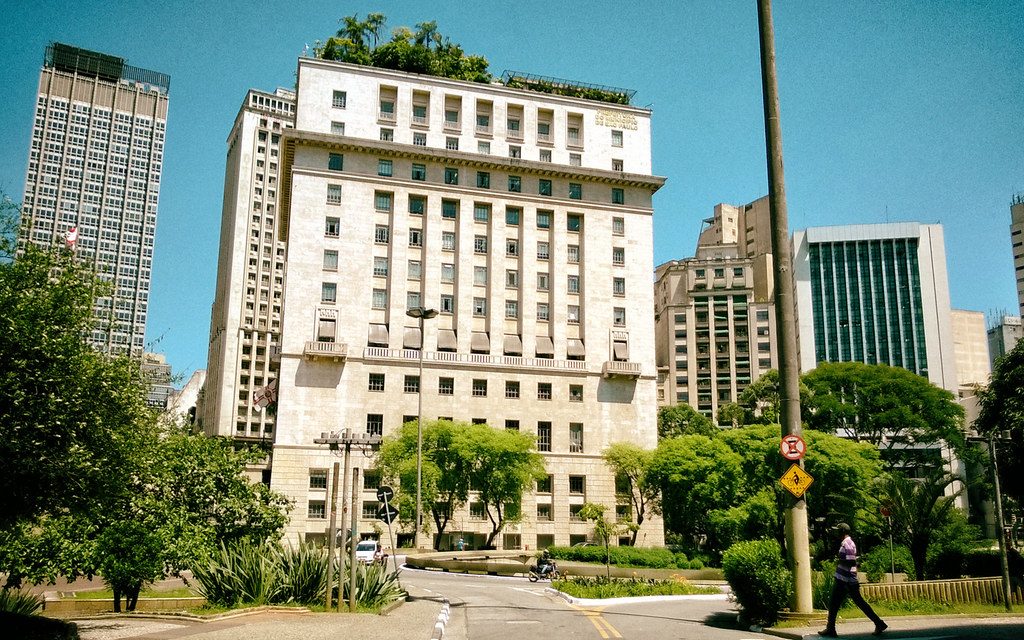By Contributing Reporter
SÃO PAULO, BRAZIL – The leadership of the Workers’ Party (PT) is considering not having its candidate in São Paulo for the first time. Last Monday, the party’s Electoral Working Group (GTE) held its first meeting to begin preparations for the 2020 city elections.
In a preliminary assessment, it is expected to grow in medium-sized cities, with more than 200,000 voters, but there are competing candidates in four of the 27 capitals.

With insufficient competition and the guidance of former President Luiz Inácio Lula da Silva, the PT should focus its support on candidates from other center-left parties (PSB, PDT, PSOL, and PCdoB) with higher chances of victory. “Whoever is in a worse position needs to support the ally who is in a better position,” Lula told several people who visited him in Curitiba, where he is serving his sentence.
For the first time in its history, this led the party’s administration to contemplate the prospect of not naming a PT candidate for mayor of São Paulo, Brazil’s largest city governed three times by the party.
Although three names are in place — those of deputies Carlos Zarattini and Paulo Teixeira and former MP Jilmar Tatto — the national director of the PT believes that they have no chance of victory.
The party admits the possibility of supporting former governor Márcio França (PSB) or the leader of the Movimento dos Sem Teto Guilherme Boulos (PSOL), a presidential candidate who was defeated in 2018.
In an initial assessment, the GTE considered that the party has a good chance of victory in Rio Branco, capital of Acre; Manaus, capital of Amazonas; Fortaleza, capital of Ceará; and Recife, capital of Pernambuco.
It may seem little to a party that ruled the country until 2015, but it is an improvement over 2016 when the party was down from 630 to 256 city halls and won in only one capital city, Rio Branco.
Now, in contrast to 2016, the aim is to follow Lula’s lead, support better-placed allies and strengthen the unity of center-left parties at a national level.
(Source: Terra)

